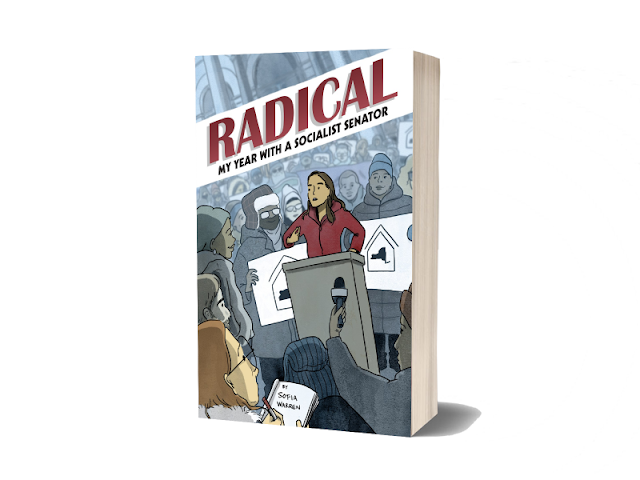Writers Speak on their Craft
Writer Wordart (Photo credit: secretagent007)
I compiled almost all of the quotations below about five years ago (that was before I started any serious writing). Most of these tips are from scraps of newspapers, old dusty books, and the likes. Unfortunately, when I was compiling most of these quotes, I didn’t write the names of the writers who wrote them (I knew no better then). In any case, the instructions below are written or spoken by experienced writers. I hope these words help guide someone… as they guided me.
· A book, whether fact or fiction, must be honest above all, and after that, it must communicate, grip, entrance someone else. Otherwise, it has no reason to exist beyond feeding the author’s self-indulgence and vanity. It takes not one but two people to make a book: the writer and the reader.
· A novel should be an expression of your private, honest, and unique self; honest but not undisciplined. Expression must be conveyed in narrative that will interest and entertain.
· Almost all mediocre writers share two qualities – they’re vague and they’re half-hearted. This is not intentional, of course. Perhaps they want to be safe. Perhaps the fears of making mistakes or saying something socially unacceptable and so choose a vague, comfortable half-truth. A writer should be sensitive to readers’ reaction; however, the writer’s first job is to create stimulating ideas for the reader to consider. You cannot do that timidly. - M. G. Bauman
· Art is a human activity consisting of this, that man consciously by mean of external signs, hands on to others, feeling he has lived through, so that others are infected by these feelings and also experience them. - Tolstoy
· Art is the only serious thing in the world. And the artist is the only person who is never serious. - O. Wilde
· Creativity is upset by analysis. If you attempt to write a story with parts of your mind pulling and worrying about whether you’re doing it to the “proper rules” or if you’re haunted by learning critics like Mr. and Mrs. Lewis breathing over your shoulders, the chances are that your mind will block. You won’t be able to write anything at all. At best, it will spoil the sweep and faith in your story that is essential if you’re going to write it.
· Creators produce because of that urge within them that forces them to exteriorize their personality. It is an accident if what they produce has beauty; that is seldom their special aim. Their aim is to disembarrass their souls of the burdens that oppress them, and they use the means, their pens, their paints, their day, for which they have by nature a facility.
· Great artists are those who impose their particular illusions on humanity and who see “astonishingness of the most obvious thing.”
· Henry James spoke of the writers’ “power to guess the unseen from the seen, to trace the implications of things, to judge the whole piece by the pattern, the condition of feeling life in general so completely that you are well on your way to any particular corner of it.”
· I don’t care for philosopher in books. They are always bores. A novel should be an experience and convey an emotional truth rather than an argument.
· If you begin your novel, for example, with a quarrel between a husband and wife at the breakfast table, I think you should decide whose viewpoint to take and keep to it throughout the chapter. e.g. if you choose the wife, you can describe her thoughts and feelings, but not her husband’s.
· It’s not only a question of the artistes looking into himself but also of his looking into others with the experience he has of himself. He writes with sympathy because he feels that the other man is like him. - Georgus Simenon
· Make you main characters your friends – if you love them, there is more chance of your readers doing the same.
· Real art depends first on feeling.
· The author must know his countryside, whether real or imaginary, like his hand... - R.L. Stevenson
· The stuff of a man’s writing is the stuff of his life.
· Too many beginners seem to wish to be writer rather than to write. But there is no such thin as an Instant Author. A successful writing career usually takes years of hard solitary apprenticeship.
· Wallace highlighted what is not only an important but fascinating aspect of the job: “my interest is in people and the hidden things in their lives....My instinct is to take what’s never shown on the surface and bring it to the surface. That’s what makes a novel...
· What a life mine has been! – half-educated, almost wholly neglected or left to myself stuffing my head with most nonsensical trash and undervalued for a time by most of my companions. - Sir Walter Scott
· When you take up your pen to write a novel, you move into a new arena. There is a constant change of scene and atmosphere and there is development of character, not only for the people in your book but for yourself. You must plunge fearlessly into that new world, see it, smell it, feel it. Hence, the importance of a theme that involves you – even to the point of obsession.



Comments
Post a Comment